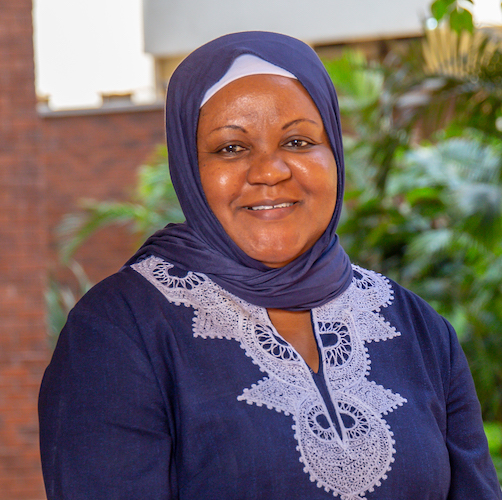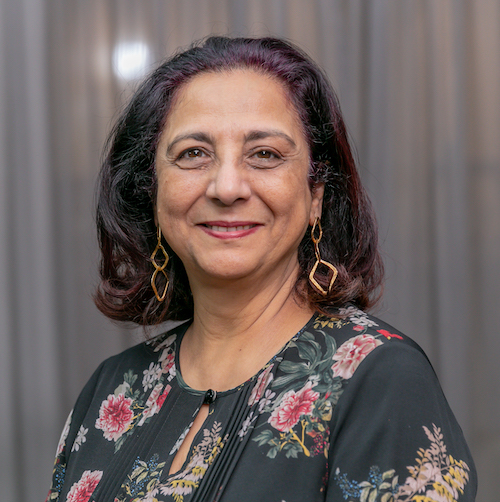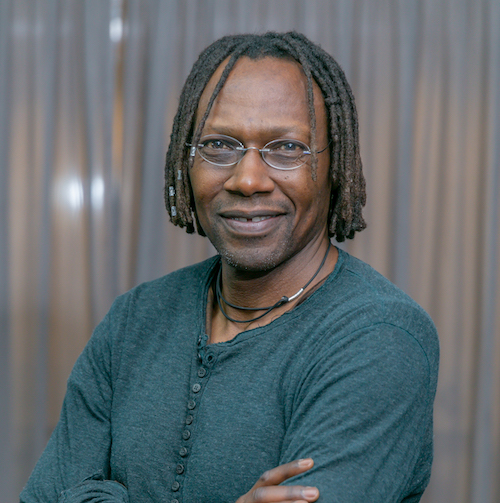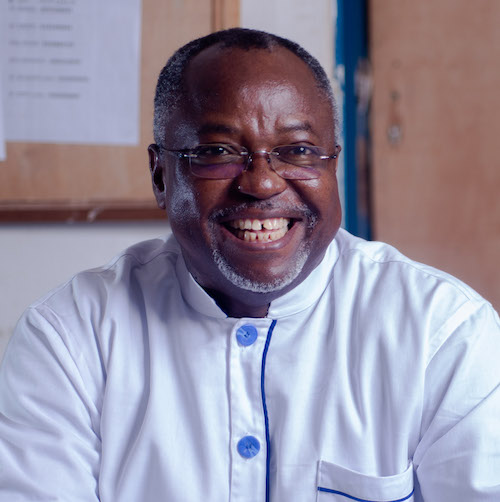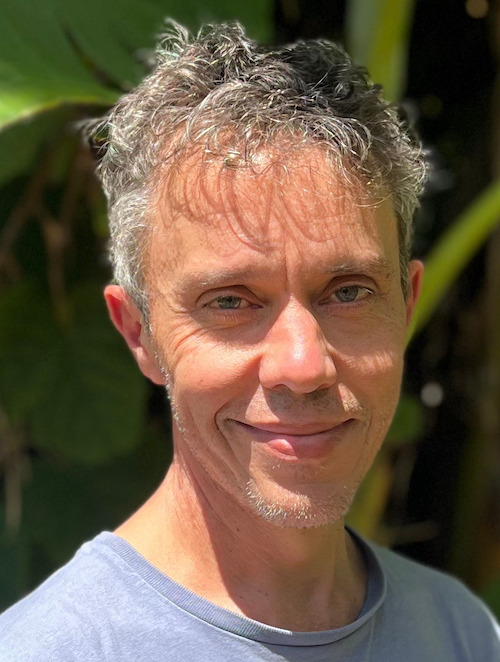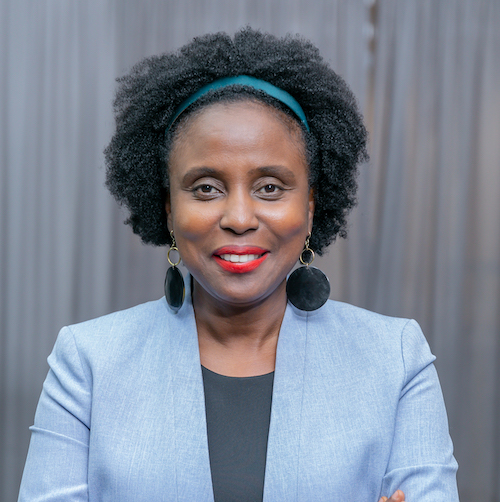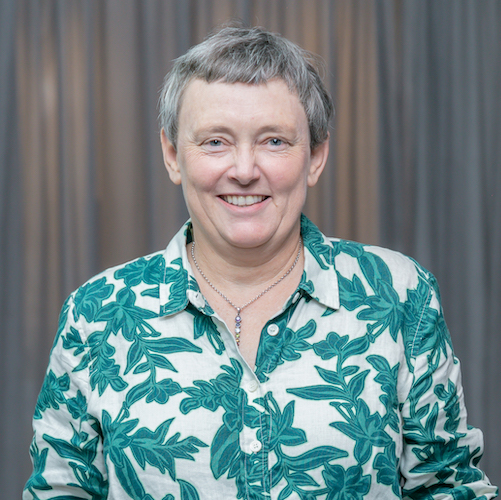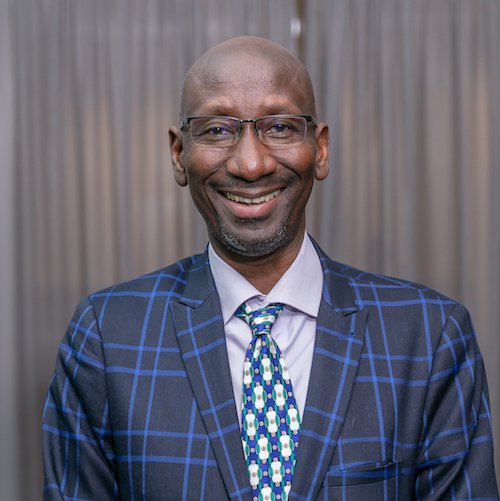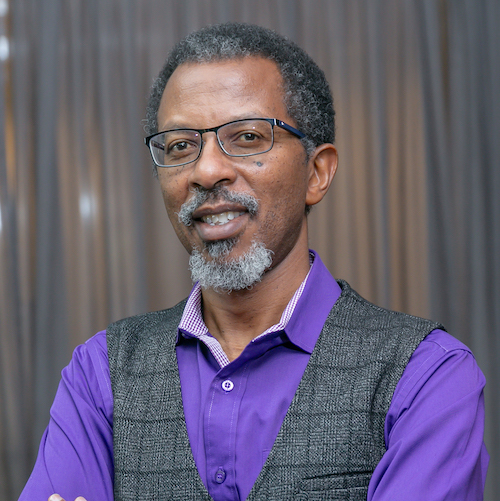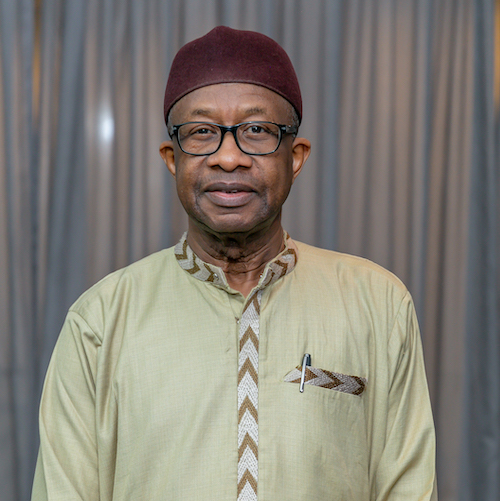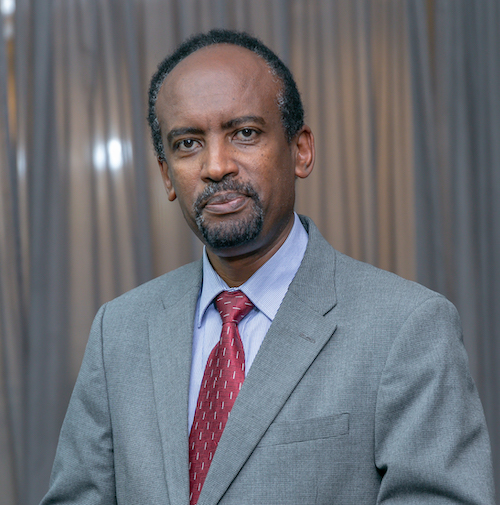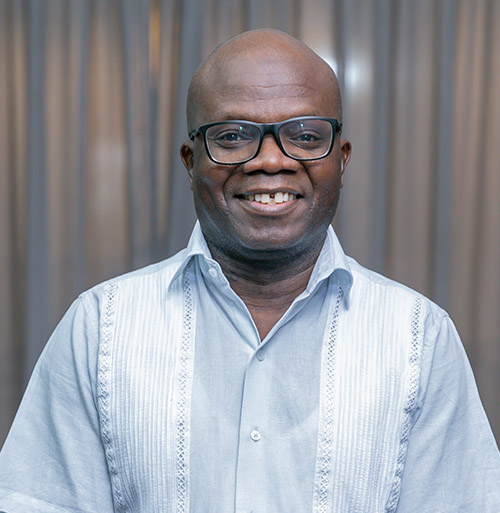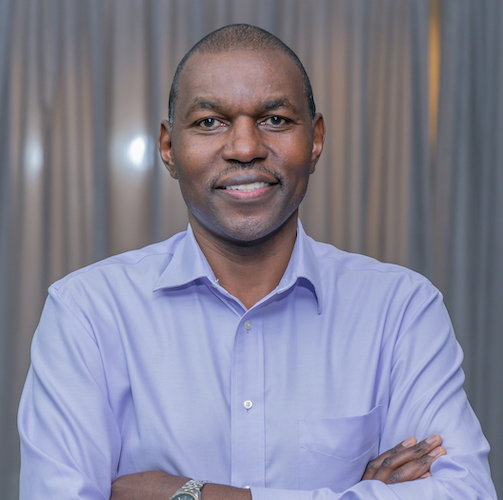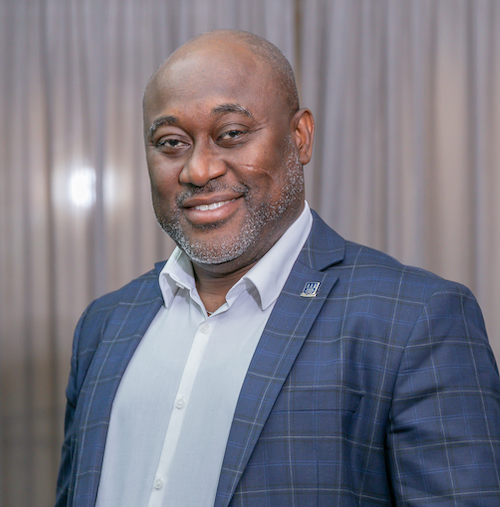
Country Initiatives
Broad science area:
Science Innovation
Pathways
WHAT WE DO
GC AfricaThe SFA Foundation, through GC Africa, in partnership with African Union Development Agency- New Partnership for Africa’s Development (AUDA-NEPAD) promotes the formation, running and sustainability of country based Grand challenges in Africa. These are national programmes hosted by a public science body to support the most creative scientists to collaborate with their peers in Africa and globally, to implement research that solves the most critical development challenges within their countries and in Africa.
Several African countries such as Ethiopia, South Africa, Senegal and Botswana have launched Grand challenges. In 2023, the SFA Foundation has enabled the establishment and Launch of Grand Challenges Rwanda and Grand Challenges Malawi.
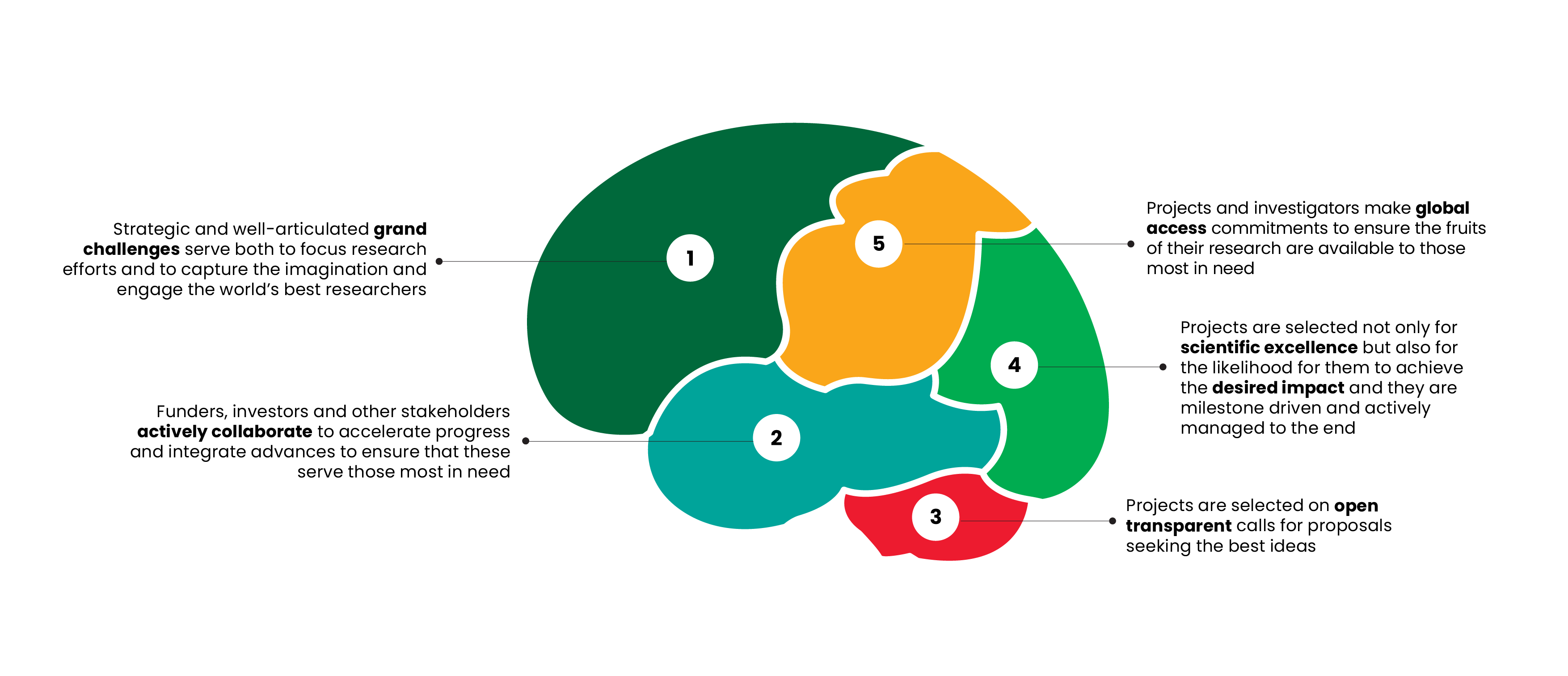
Grand Challenges Ethiopia
Launched in 2015, Grand Challenges Ethiopia is an initiative of the Federal Ministry of Health of Ethiopia and is hosted at the Armauer Hansen Research Institute (AHRI). It seeks to fund Ethiopian investigators with innovative projects in the health sector to help achieve the Sustainable Development Goals (SDGs).
Grand Challenges Malawi
Launched in 2023, Grand Challenges Malawi is being implemented by the National Commission for Science and Technology (NCST) and seeks to accelerate innovation and trigger sustainable solutions that will have a lasting impact on Malawi’s development. It was launched through a partnership with the AUDA-NEPAD and the SFA Foundation.
Grand Challenges Rwanda
Launched in 2023, Grand Challenges Malawi is an initiative of Rwanda’s National Council for Science and Technology (NCST) to fund Rwandan scientists to collaborate with their peers in Africa to conduct research that addresses and solves the most critical development challenges in Rwanda and Africa. Its launch was enabled by a partnership with the SFA Foundation and AUDA-NEPAD.
Grand Challenges Senegal
Grand Challenges Senegal was launched by the Government of Senegal in October 2022 with a vision to enable the next set of breakthroughs in discovery and translational life science in West Africa, with seed funding from the Bill & Melinda Gates Foundation, Grand Challenges Canada, and ELMA Philanthropies. Gc Senegal is hosted by the Institut Pasteur de Dakar (IPD) foundation.
Grand Challenges South Africa
Launched in 2015, Grand Challenges South Africa is a partnership framework for the South African Medical Research Council (SA MRC), the Department of Science and Innovation of the South Africa, and the Bill & Melinda Gates Foundation to launch joint challenges aimed at catalysing innovative health research within South Africa.
Why National Grand Challenges.
- Focus on National Priorities Country based Grand Challenges are better positioned to identify and prioritise local challenges compared with external funders.
- Increase funding for science and innovation
Matched funding:
External funders commit matched funding 50:50 or more to funds mobilised internally. This is usually at the inception of the programme to enable kick-off. For example, funders have committed to match funding raised by the government of Rwanda to kick-off GC Rwanda.
Access to additional funding:
By virtue of being a member of the Grand Challenges family, a GC is introduced and has access to international funders. It’s normal to have agreed call for proposals fully funded by these funders in the consecutive years. - Collaboration Members of the GC family worldwide collaborate to make joint calls. Lessons learned are continuously shared and consolidated in the annual learning and evaluation meeting whereas the Grand Challenges Annual Meeting helps to connect the family and is instrumental in fund raising and other partnerships.
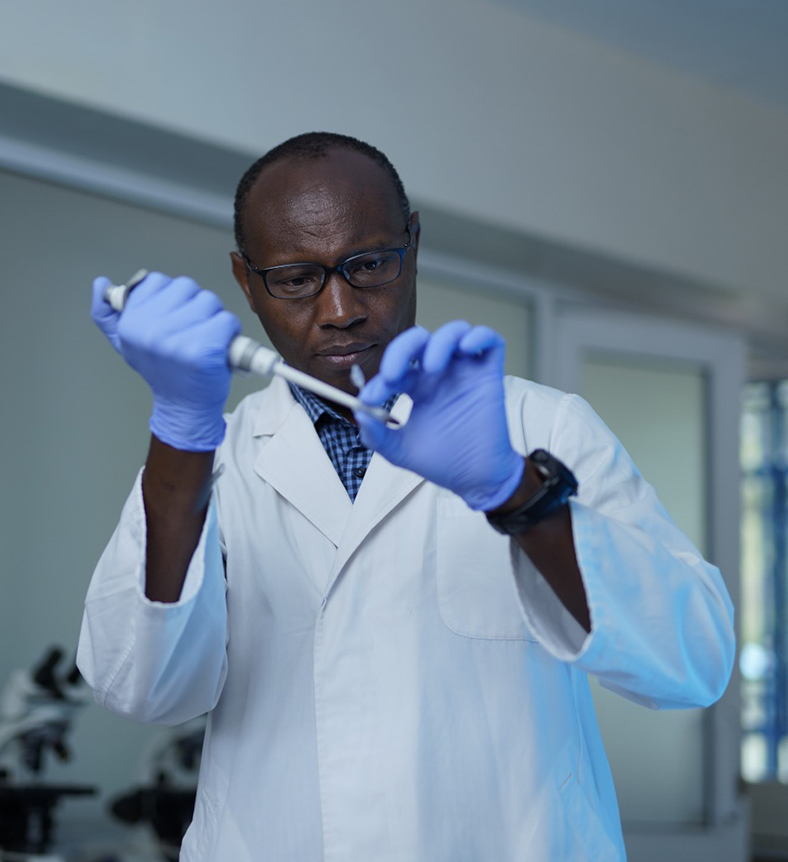
Jesse Gitaka, GC Africa grantee, pushing boundaries in his lab at the Mount Kenya University.
How will science policy engagement drive impact:
- If R&I is to deliver maximum impact and positively change the lives of African people and societies, findings from Africa led R&I research programmes should be translated into recommendations that can be implemented within policy and practice in Africa.
- Contribute to efficiency and effectiveness within programmes through best practice.
- Ensure the right questions are formulated, asked, and answered through an African lens.
- Highlight gaps and key points of evidence within context and in an accurate manner to facilitate comprehension and use.
- Promote shared understanding, trust and collaboration for meaningful work that drives change regionally and globally
- Place African experts and policymakers at the centre of science-led policymaking processes in Africa
- Place contextually relevant data and perspectives at the centre of science-led decision-making process in Africa.
Activities being implemented by SPEAR
Artificial intelligence (AI) and Data Science policy gaps from an African perspective. The African STI landscape is witnessing the emergence of AI and Data Science across various sectors. However, for these technologies to have their full positive impact, it is crucial to develop trust among stakeholders and formulate contextualized policies that support their implementation in the region. This grant aims to address these areas by:
- Convening African stakeholders to examine and comprehend the policy gaps in AI and Data Science in global health from an African perspective, focusing on but not limited to genomics, clinical trials/drug development, and epidemics/pandemics.
- In collaboration with African partners, identifying the research and development goals of AI and data science for the betterment of global health from an African perspective.
- Engaging the public on AI and Data Science policy
" If scientific results are not shared broadly, then the societal benefits are significantly limited. We have a responsibility to ensure that policymakers have access to the best, relevant and up-to-date knowledge available. To achieve Africa’s sustainable development goals, it is critical that policy decisions are informed by contextually relevant evidence”. - Uzma Alam, SPEAR programme lead.
